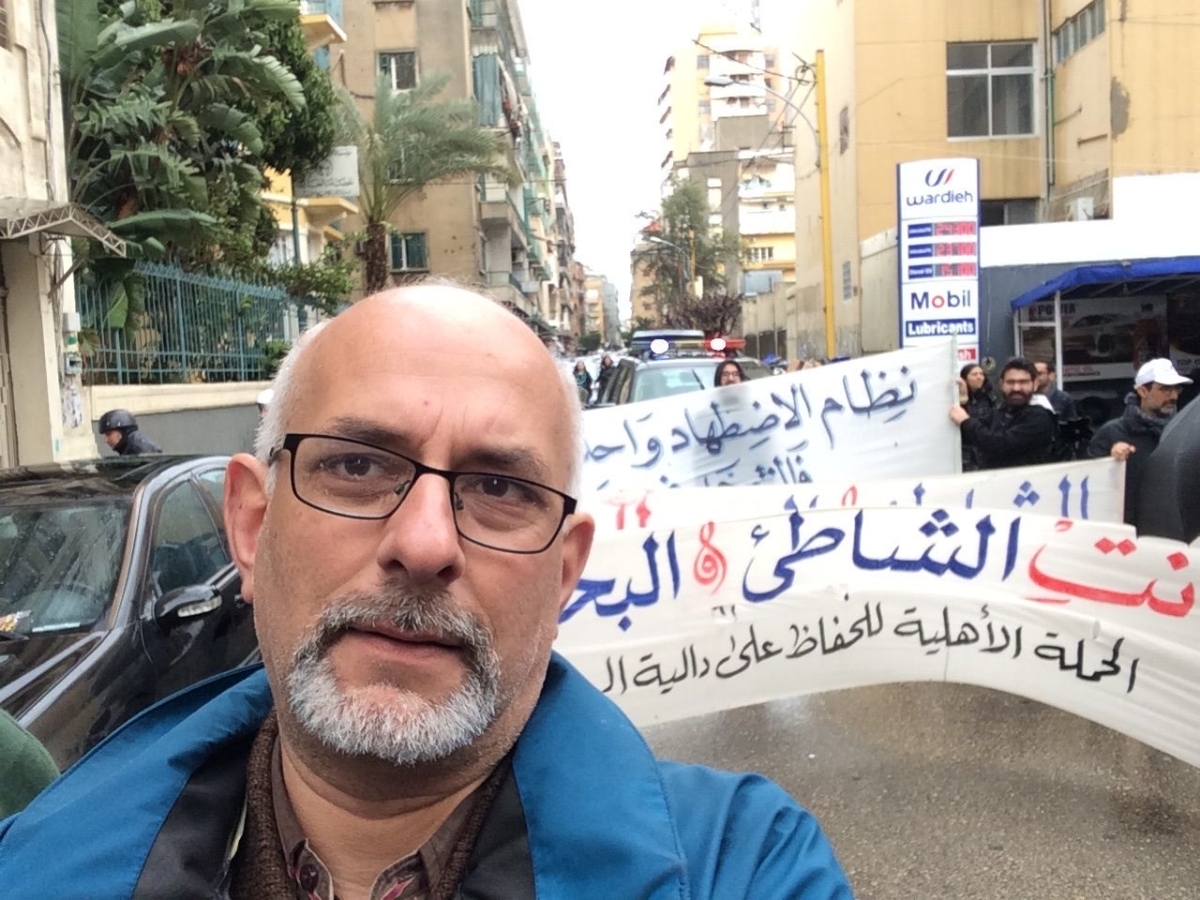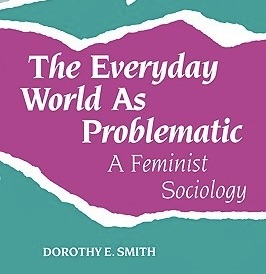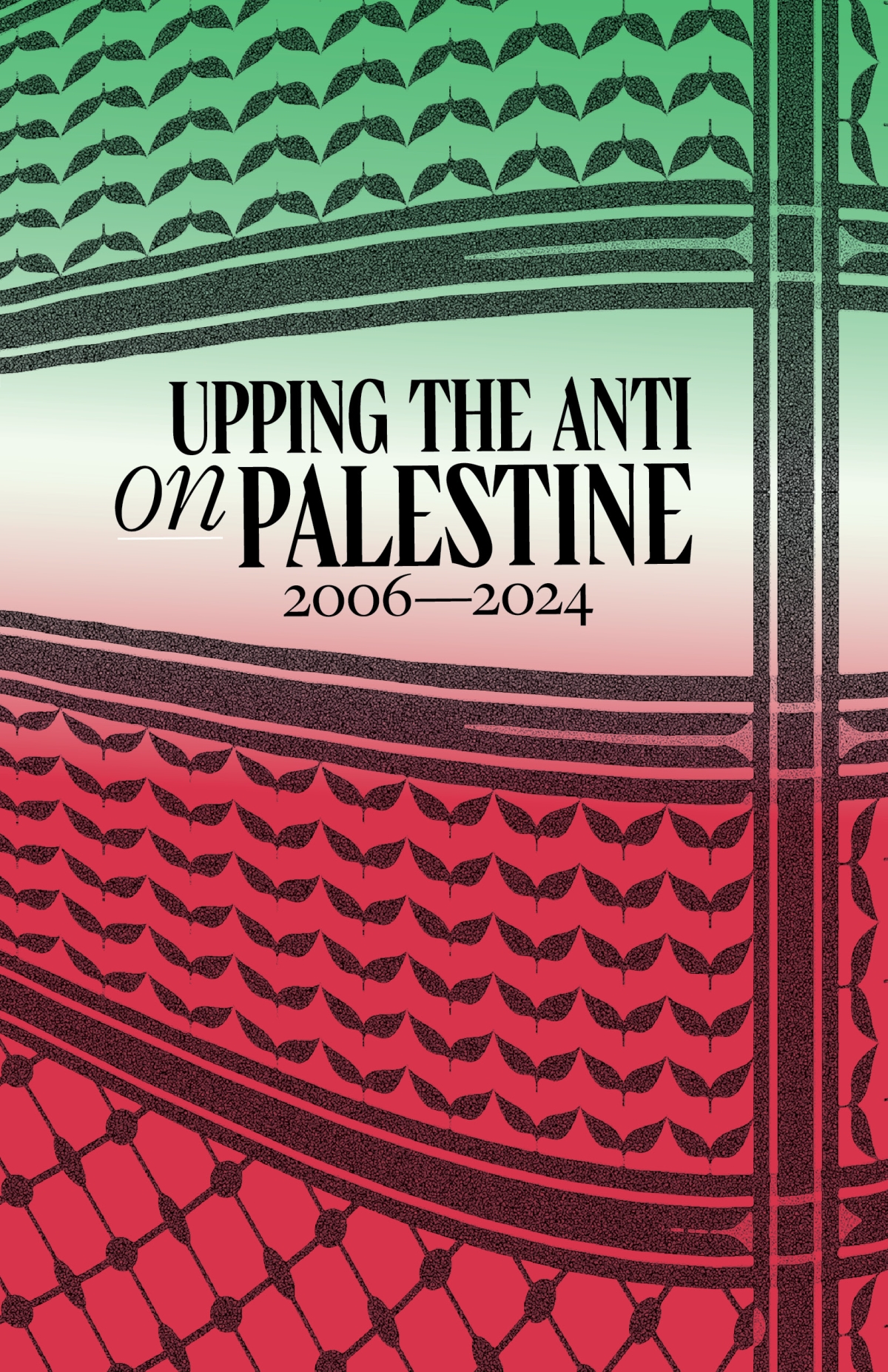Special Feature
-

On Aziz Choudry
(1966-2021)
May 26, 2024, marks the third anniversary of the death of comrade and intellectual Aziz Choudry. His work and activism have inspired and influenced many social movements around the world, including many writers and editors at Upping the Anti. We are proud to feature this memorial piece written by his friend and collaborator Stefan Christoff.
-
.png)
How Do We Hold Our Heroes?
A Personal Essay on Lessons From Lee Maracle
I, like many people, first heard that Lee had begun her journey to the spirit world from social media. As condolences and expressions of grief and loss poured in, I read them all in disbelief. So many people had stories to share highlighting her impact and legacy. I already knew some of the stories and sat in amazement hearing others for the first time: how she bulldozed space for Indigenous women in the North American literary world, storming the stage of the Vancouver Writer’s Festival in 1988 to demand that her work be read on her homelands; her involvement in the Native Alliance for Red Power (NARP) organizing and global anti-colonial movements. She lived a life of influence that is nothing short of astounding. Her giant presence has rippled across borders and boundaries.
-
.png)
Reading, Writing, and Thinking Alongside Lee Maracle
When Lee Maracle passed into the spirit world on November 11, 2021, the loss was felt throughout activist, academic, and artistic communities in North America and beyond. There was an outpouring of tributes and honourings reflecting on five decades of organizing, writing, speaking, and community-building. Maracle had a remarkable impact on our generation of Indigenous writers and thinkers.
-

From Palestine to Turtle Island
The Caged Bird Sings of Freedom
It is extremely difficult to talk about Israel in Canada, even within progressive circles. It’s too loaded and fraught a topic to explain the nuances behind that difficulty, although it should be discussed at some point. It is also difficult to ignore the inherent genocidal and apartheid nature of the Israeli state. I suppose those are the unavoidable characteristics of settler-colonial states, including late-stage ones like the United States, Australia, and of course, Canada.
-

Remembering Dorothy Smith
(1926-2022)
It is hard to write about Dorothy, our teacher, friend, and comrade, whose influence went far beyond the academia with which she has come to be identified. Speaking about her as a conventional intellectual, as a producer of theory, dedicated to augmenting the discipline of sociology, narrows her scope of vision and eclipses the many-sidedness of her intellect and perception and the depth of what she understood by politics. Of course, she was a formidable intellectual and did all of those things that the professional world attributes to her, but that “academic” work, though not quite what I would call it, could be seen as a by-product of her boundless interest in the world she found herself in for the past ninety-five years. It is the making and the shape of that world she sought to understand. There was a reason for this—that the world did not feel right and definitely needed changing. What, then, was going on in the world as Dorothy grew up from a child to a young woman? What was it like?
-


